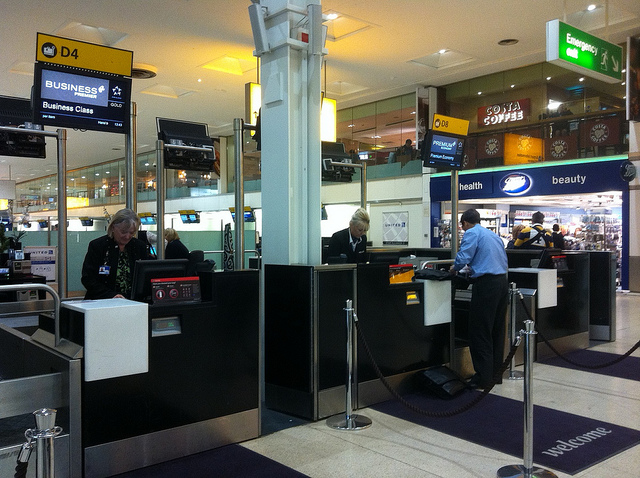Following a dramatic turn of events, on Friday, February 3, 2017, a federal judge from the Western District of Washington, issued a Temporary Restraining Order (“TRO”) halting enforcement of the President’s Executive Order entitled “Protecting the Nation from Foreign Terrorist Entry into the United States” nationwide. The temporary restraining order was issued in response to an emergency motion filed by the state of Washington and Minnesota. The states collectively filed the motion seeking declaratory and injunctive relief against the controversial executive order which bans the entry of immigrant and non-immigrant foreign nationals from seven Muslim-majority countries (Syria, Iraq, Iran, Libya, Somalia, Sudan, and Yemen) for a 90-day period, suspends the U.S. Refugee Admissions Program for a 120-day period, and terminates the Syrian refugee program indefinitely.
In his ruling, Judge Robart stated that after hearing arguments, the States adequately demonstrated that they have suffered immediate and irreparable harm because of the signing and implementation of the order, and that granting a TRO would be in the public interest. In addition he stated “the Executive Order adversely affects the States’ residents in areas of employment, education, business, family relations, and freedom to travel. These harms extend to the States. . . are significant and ongoing.” A three-judge panel from the Ninth Court Court of Appeals is expected to issue a final ruling on the Executive Order tomorrow.
Following the issuance of the Temporary Restraining Order affecting the Executive Order “Protecting the Nation from Foreign Terrorist Entry into the United States” the Department of Homeland Security and Customs and Border Protection released the following statement, “In accordance with the judge’s ruling, DHS has suspended any and all actions implementing the affected sections of the Executive Order entitled, “Protecting the Nation from Foreign Terrorist Entry into the United States. This includes actions to suspend passenger system rules that flag travelers for operational action subject to the Executive Order.” The TRO will effectively resume standard inspection procedures for immigrant and non-immigrant travelers seeking entry into the United States irrespective of their nationality. This means that the Executive Order will no longer bar the entry of immigrant and non-immigrant travelers from the seven Muslim-majority countries (Syria, Iraq, Iran, Libya, Somalia, Sudan, and Yemen) for as long as the Temporary Restraining Order remains in place. In addition, the U.S. Refugee Admissions Program has been reinstated, and Syrian refugees will continue to be allowed to seek refugee status and enter the country in valid refugee status.
Similarly, the United States Citizenship and Immigration Services issued a statement confirming that USCIS will continue to adjudicate and process applications and petitions filed for or on behalf of individuals in the United States, as well as applications and petitions for individuals outside of the United States, and applications for adjustment of status to permanent residence, irrespective of the beneficiary’s country of nationality. If you have been holding off on applying for an immigration benefit you qualify for, now is the time to file your applications with USCIS.
Since the issuance of the TRO, the Department of Justice filed an emergency stay to defend the President’s Executive Order, which they believe is lawful and appropriate. On Sunday February 5, 2017 a federal appeals court rejected the government’s request to immediately reinstate the Executive Order. The fate of Donald Trump’s Executive Order now rests in the hands of the Ninth Circuit Court of Appeals. The Ninth Circuit is expected to review legal briefs filed by attorneys from both sides this evening. Tomorrow, the Court will hear oral arguments from both sides and is expected to make a final ruling concerning whether the travel ban will remain suspended. It is likely that the DOJ will continue to pursue this case up to the Supreme Court, if the travel ban is not reinstated.
This is a developing story. We will continue to keep our readers informed on what is sure to be a long judicial saga.

